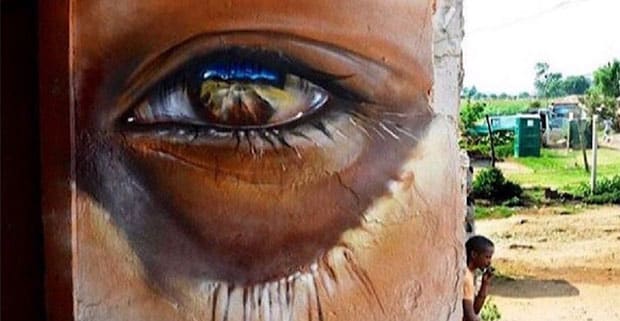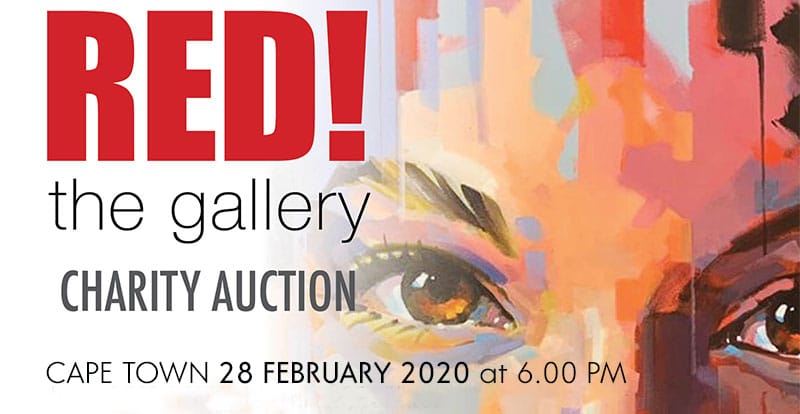Cape Town Revealed as Africa’s Leading Art Capital
Cape Town, 05 February 2020 – Art collectors, museum directors, curators and gallerists from Africa and Europe will descend on Cape Town from next week, February 12, to soak up all the exhibitions, a new Triennale (in Stellenbosch) and two contemporary auctions all timed to coincide with Cape Town’s annual art fair.
All this heightened activity implies that Cape Town has become a vital art capital. In fact, it is the leading one on the African continent, beating Joburg, Lagos and Marrakesh, according to a new study. This is one of the many findings in The South African Art Market: Pricing & Patterns, an 88-page report mapping patterns in South Africa’s major art capitals. Produced by Corrigall & Co, a South African-based art research consultancy, the report offers an analysis of the gallery landscape and the pricing trends in the country. The results are based on intensive data gathering and analysis of 52 commercial art galleries, 198 exhibitions and art fair price lists pertaining to 194 artists and interviews with industry leaders.
A rivalry between Cape Town and Joburg has raged for years, as more galleries, art fairs and events have been established in each over the last decade. An estimated 50 art platforms – from galleries, fairs, events – have been established in South Africa since 2007, according to the study. Around 70% of them are commercial galleries.
This new study (temporarily) puts this battle between Cape Town and Joburg to rest, quantifying not only the number of art platforms, or exhibitions in each city but the institutional weight and influence they wield in the global art market. Joburg may boast more art fairs, corporate art museums and galleries, however, there is a higher concentration of second, third and fourth-tier galleries in Cape Town than in Joburg.

The private art museums in Cape Town – such as the Zeitz Museum of Contemporary African Art and the Norval Foundation – were found to carry more institutional weight than those in Joburg. More contemporary (made after 1980) lots were offered by the major auction houses (Strauss & Co and Aspire Art Auctions) in Cape Town in 2018. This figure is set to rise this year as both of these auction houses will be offering new (Aspire & Piasa) and larger (Strauss & Co) auctions in February to exploit the attention the art fair in this city is expected to generate.
Cape Town also boasts the largest art fair on the continent. Sixty galleries will participate in the Investec Cape Town Art Fair this year, opposed to 24 in Latitudes (Joburg) in 2019 and a mere 20 in Art Joburg and Art X Lagos in 2019 and 1:54 Marrakesh (taking place on 22 February). There is also strong participation in the Cape Town art fair by galleries based in Europe (41% in 2020), further implying that this city is the major art hub on the continent.
“Much of the reason that the art platforms in Cape Town enjoy a higher status is that they are located in a tourist magnet. Some galleries say up to 70% of sales in this city are to foreign visitors,” says Mary Corrigall, founder of Corrigall & Co.
Commenting on the study, Briony Brookes, PR and Communications Manager at Cape Town Tourism says, “In Cape Town, we are famed for our natural wonders; our beaches, Winelands, and mountains. So when you consider what our art community is competing with, it’s something visitors can perhaps be forgiven in overlooking. But while forgiveness is granted, excuses will not be accepted. That’s because the art scene in Cape Town can and should no longer be ignored. Art in Cape Town is alive, exciting and definitely on par with what’s on offer in major international cities around the world. The Mother City offers a collaborative, nurturing environment for artists working across mediums and engaging around a vast variety of topics, themes and issues. Artists, and creatives in general, are drawn to Cape Town and we’re proud to offer them a home, a platform and a stage.”


